EXCITING NEWS! OUR SEABOARD STATION LOCATION HAS MOVED!
Don't worry our new office is only a few steps away in the new Seaboard Station development located at 712 Seaboard Station Drive, Raleigh, NC 27604Click for Details
YOUR GREATER RALEIGH & DAVIDSON, NC AREA OPTOMETRISTS & EYE CARE CENTERS
The Eye Institute serves the family vision care needs of the Raleigh and Davidson, NC communities. From providing our patients with truly comprehensive eye exams to the diagnosis and treatment of eye diseases, our team of highly skilled doctors and staff are passionate about your eye health.
We want you to see your best and look your best too, so we also offer a distinctive collection of independent designer eyewear brands, the finest quality eyeglass lenses and a broad selection of disposable and specialty contact lenses.
Your Eye Institute is dedicated to Your Vision for Life.
Knightdale Location
742 McKnight Drive
Suite #100
Knightdale, NC 27545
919-266-2048
Downtown Raleigh Location
712 Seaboard Station Drive
Raleigh , NC 27604
919-200-4840
North Raleigh Location
8511 Colonnade Center Dr
Suite #100
Raleigh, NC 27615
919-977-0303
Heritage Eye Care Location
3211 Rogers Rd
Suite #100
Wake Forest, NC 27587
919-453-1220
Davidson, NC Location
610 Jetton St
Suite #140
Davidson, NC 28036
704-997-8199



